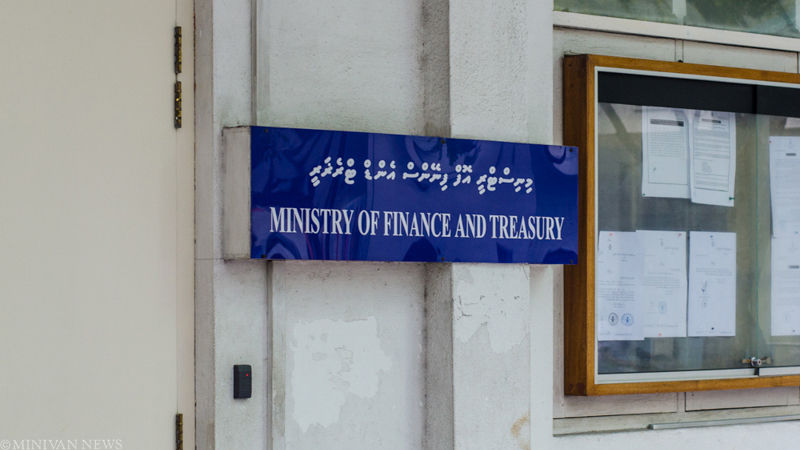Graft charges sought against Gayoom-era minister
The anti-graft watchdog wants to retrieve around US$2 million from a decade-old corruption case.

21 Mar 2018, 09:00
Graft charges are being sought against a former state minister in connection with a decade-old case, the Anti-Corruption Commission said Wednesday, as it was criticised for giving him anonymity and for the delay in the investigation.
A project to distribute Dhivehi language copies of the Quran to all Maldivians was undertaken in 2007, but failed when printed copies were found to have typos and printing errors. The company tasked with the project was also unable to deliver the promised number of copies.
An agreement was signed between the finance ministry and the private company to deliver 150,000 copies at a rate of MVR 207 ($13.21) per copy, the ACC said.
The last 15 percent of the total project cost was to be paid when the company delivered all the copies, but an unnamed state finance minister violated the agreement and a letter from the President’s Office by signing a memo giving clearance for payment.
Become a member
Get full access to our archive and personalise your experience.
Already a member?
Discussion
No comments yet. Be the first to share your thoughts!
No comments yet. Be the first to join the conversation!
Join the Conversation
Sign in to share your thoughts under an alias and take part in the discussion. Independent journalism thrives on open, respectful debate — your voice matters.




